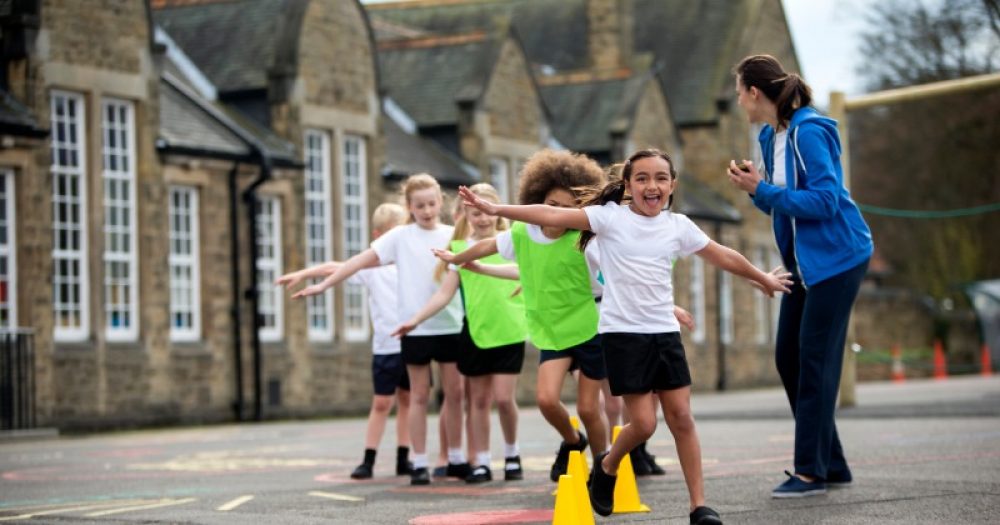The government will pilot a scaled-back version of an enrichment activities scheme that flourished under the now-defunct opportunity areas programme.
An evaluation of the £21 million essential life skills programme, which ran between 2018 and 2019, found young people “commonly reported beneficial outcomes relating to confidence, resilience, building relationships, and social and emotional intelligence”.
The programme “also enabled new partnerships to be formed and there was evidence of community level outcomes: bringing young people of different ages and backgrounds, who would not usually do so, together”.
But the scheme was not renewed beyond 2019. Now the DfE and Department for Digital, Culture, Media and Sport is seeking a provider for a much smaller, £2.7 million “enrichment partnerships pilot”.
The trial aims to test the application of a “range of results” from the predecessor programme.
It will test a “system change approach” to improve the enrichment offer in “up to” 200 secondary schools located in the government’s 55 education investment areas.
The previous scheme reached more than 600 schools, colleges and other external providers, the government’s evaluation states.
‘Removing barriers to participation’
The new project will look at whether “greater coordination locally” can enhance school enrichment offers and “remove barriers to participation, create efficiencies and unlock existing funding and provision”.
Enrichment programmes include sports, art, drama, outdoor experiences, debating, volunteering, business, tech and cooking.
Many schools “would like to do more to support these activities, but face barriers such as limited staff time, low pupil engagement and difficulty connecting with local partners who could support delivery”, the DfE said.
The government said findings from the earlier, more-generous scheme highlighted “that enrichment offers would benefit from engaging young people in co-design, harnessing local provision and coordinating across clusters of schools”.
The pilot will identify and fund a “small number of staff” in organisations including local authorities, voluntary and community sector organisations and multi-academy trusts to “provide bespoke support to secondary schools”.
Schools will be supported to co-design their enrichment offer, develop local partnerships to deliver enrichment activities and facilitate collaboration to offer an enhanced enrichment offer.
Schools supported to find ‘efficiencies’
They will also receive support to identify “efficiencies” and access “additional funding streams and support”, as well as to upskill their staff.
The DfE has set several objectives for the pilot to be achieved by March 2025.
Among them is seeing an increase in uptake of enrichment activities within participating schools, and schools reporting either no change or a reduction in the “financial and organisational costs” of delivering enrichment.
The government envisages most of the £2.7 million in funding will be used for “onward grants, primarily for staffing, through a limited competition to local organisations in education investment areas, with the capability and interest to deliver the pilot”.
The organisation chosen to lead the programme will “identify and provide grants to local organisations in 15 to 20 localities, such as local authorities, voluntary and community sector organisations and multi-academy trusts to deliver the pilot”.
They will each work with “clusters of circa 10 secondary schools in each”.
An “independent evaluator” will be appointed by DCMS to evaluate the pilot.









Your thoughts